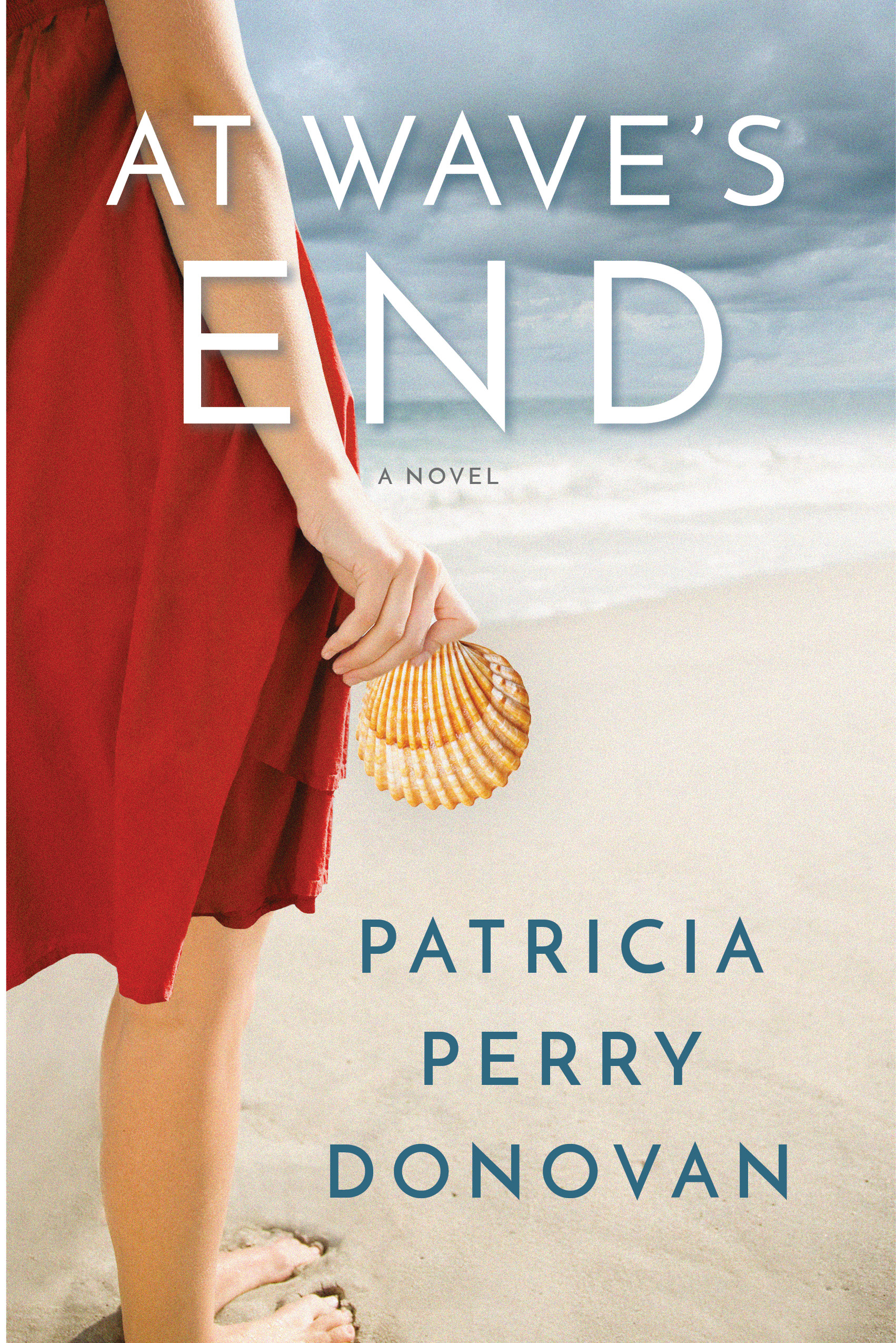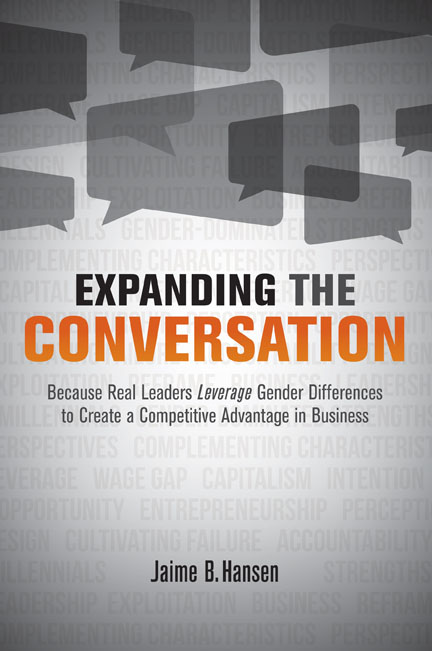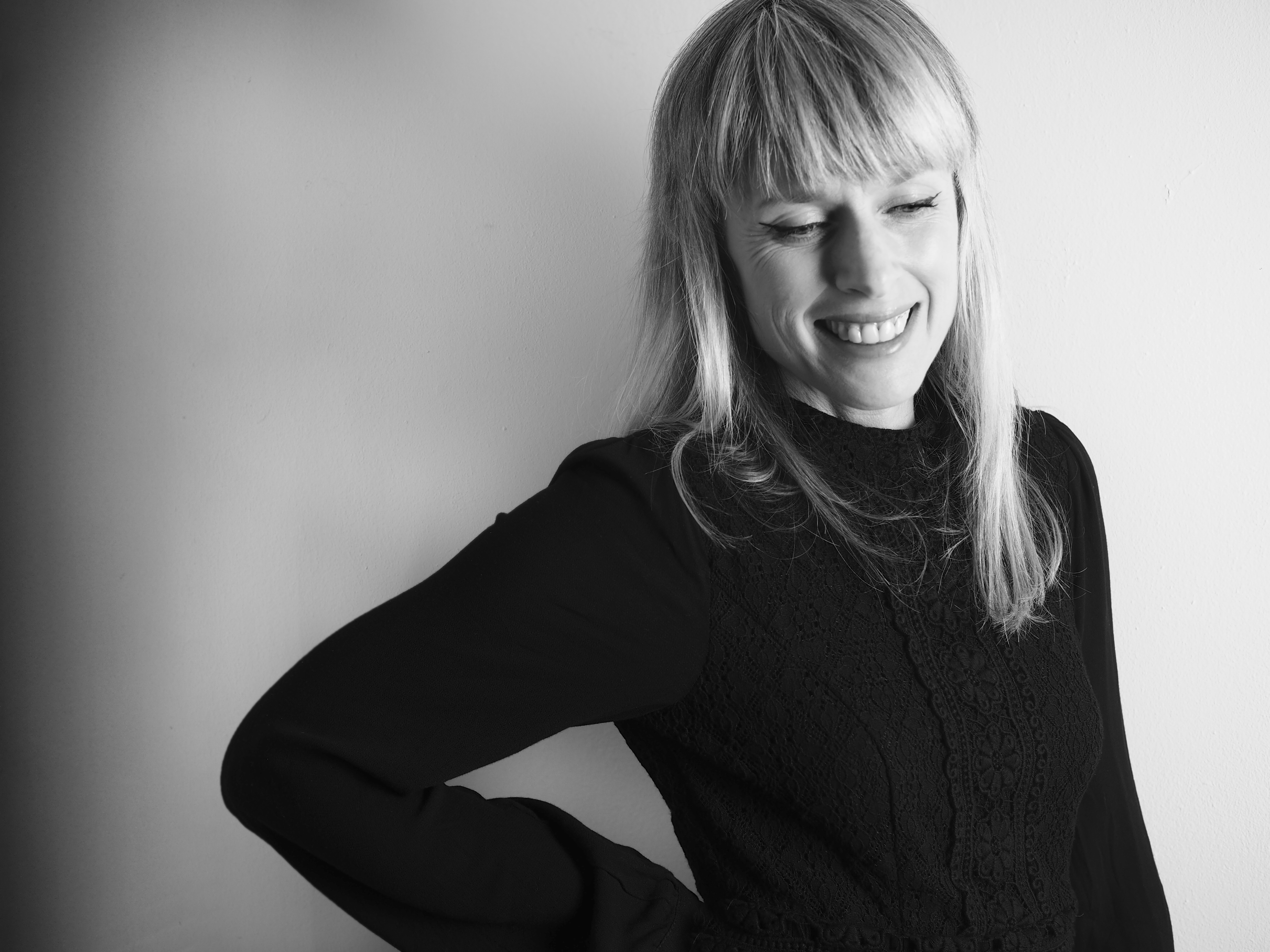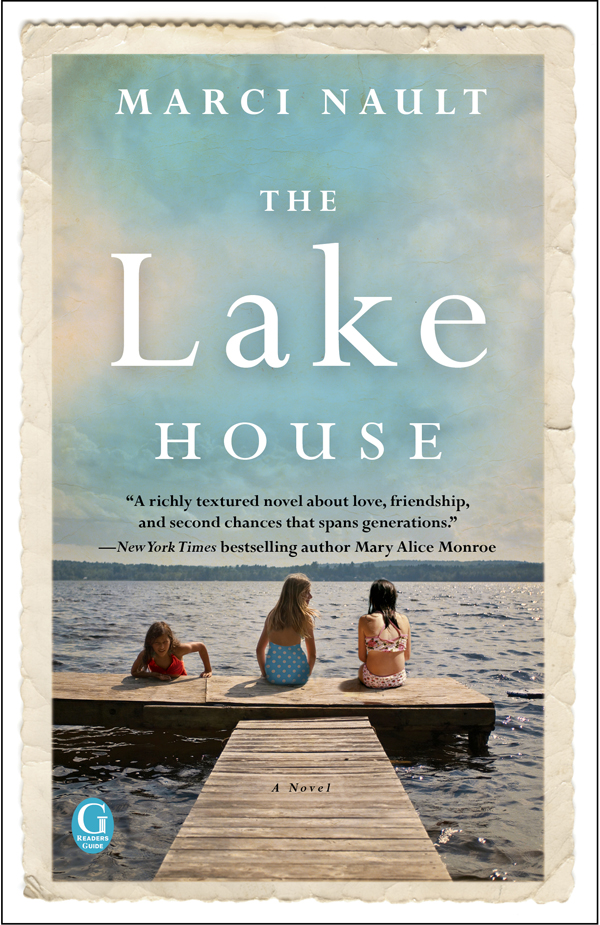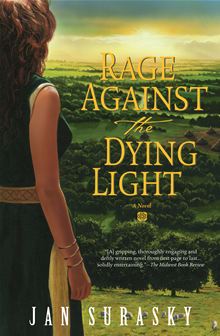Diana Snyder found a way of turning her love of writing and dating into an actual job as a TV writer on Freeform’s hit comedy, “Young & Hungry.” In addition to writing for the show, Diana is the co-author of the book, “Young & Hungry: Your Complete Guide to a Delicious Life,” which is a girls’ guide to being young, single, short on cash, and passionate about food. The book came out on April 11th. Snyder explains the inspiration behind the book, the message she hopes readers take Young & Hungry and how she became a writer for one of the hottest shows on TV.
Tell us the story behind the story. How did YOUNG & HUNGRY: Your Complete Guide to a Delicious Life come to be?
With the success of the TV show “Young & Hungry,” Freeform was looking to expand the Y&H brand with a lifestyle guide/cookbook. Gabi Moskowitz, whose blog brokeassgourmet.com inspired Y&H, was tapped to create the recipes but when it came to finding someone to write the advice and lifestyle section… the network needed someone who could capture the voice of the show and understand the “young & hungry” girl. David Holden (who created the show and runs it) chose me. As the youngest writer on Y&H I am constantly talking to the writer’s room about the dates I’ve been on (too many to count), the exercises I’ve tried (hello spin class), the drama in my friend group, and the career advice that helped me get promoted from writer’s assistant to full time writer in the span of less than two years. I developed and pitched about all the things I’ve learned as a twenty something girl trying to make a kick ass life for herself and sent it to Freeform’s publishing department. They felt that my pitch matched the tone of “Young & Hungry” which is all about Gabi Diamond, a young & hungry girl with big dreams trying to make it happen in San Francisco and hired me for the job!
What was the most challenging aspect of writing YOUNG & HUNGRY?
The most challenging aspect of writing “Young & Hungry: Your Complete Guide to a Delicious Life” was melding all the recipes, the advice, and the tie ins to the show in one book. I wanted the book to appeal to both fans of the show, and people who were just looking for some great advice and some simple (and affordable) recipes.
What is the message you want readers to take away from your book?
I want readers to realize that they can create the life they want! Gabi Diamond, the main character from the show “Young & Hungry” has a big dreams and a small bank account, but that doesn’t stop her from going after what she wants. I wanted to instill the “Young & Hungry” message in the book. For example, if you move to a new city and know absolutely no one… you can make new friends (there’s a chapter in the book on this). If you don’t have a budget to decorate your apartment, you can do some pretty great things on the cheap! If you’re single and depressed about it you can make yourself a Tinder profile and get out there! I want people to read this book and realize that they can easily turn their life from tragic to magic. I believe if you’re hungry enough you can make it happen! This book will give you some tips to get a head start.
Describe your background.
I went to NYU’s Tisch School of the Arts and studied film & television production. During my junior year I wanted more real world experience, so in addition to being a full time student I was a full time personal assistant to an Oscar winning actor (which was the best learning experience ever). While I quickly realized I didn’t want to be an actor’s personal assistant for the rest of my life, it was an amazing gateway into Hollywood. After two and half years of living and working in New York, at 23 I packed my bags and left for LA. My first job in LA was working as a writer’s assistant for “Young & Hungry” during the very first season. After one season of taking notes, working crazy hours, and managing to pitch some episode ideas… I got bumped up to staff writer!
Describe your writing schedule. Do you outline? Any habits? Differences between writing a book vs. a television script.
When I’m writing on the show, majority of my writing gets done during the weekend since the week is so busy! During times when we’re not writing the show, I typically wake up; force myself to work out, and then head to either a coffee shop or my boyfriend’s office to write. Being around people forces me to actually write instead of spending hours reading blogs and watching videos (which I can totally do). As for my writing habits, I would say my style is write a quick outline, spit out a draft, and then edit the heck out of it! Writing a television show and a book are actually incredibly similar. They both require an outline and a structure (in this case the book was divided into five sections: basics, career, health, friendship, and love). However, an episode of “Young & Hungry” has to be less than thirty minutes whereas a book usually does not have a specific length. I think one of the reasons I enjoyed writing this book so much was the ability to deviate and go off on longer tangents. When writing a tv show you have very specific plot points you have to hit (sometimes even jokes you have to write in) and there’s not as much room to explore.
What books are on your nightstand? What are you currently reading?
I LOVE to read. I’ll read anything with a strong female character. I just finished a book called “Sweetbitter” about one girl’s experience working in the restaurant industry. It was fascinating! I’m also reading “The Devil Wears Prada,” because even though I’ve seen the movie a million times I was curious how it translated from the book. Ooh, and I always have the Meg Wolitzer book “The Interestings” on my nightstand because I think it’s just an absolutely genius piece of writing. Any book about a girl trying to follow her passion and make it happen is going to peak my interest.
Which authors inspire you?
I have such a girl crush on Jennifer Weiner! I think her writing is grounded, real, warm and unexpected. Every time I pick up one of her books I know I’m going to be reading an authentic female story. I also love Dani Shapiro, her memoir “Slow Motion” was one of the most honest and heartbreaking books I’ve ever read. Ooh, and Mindy Kaling! She’s just so funny and every time I read one of her books it feels like I’m talking to a super cool best friend or older sister.
What have you learned from this experience?
I’ve learned that if you want to improve your life (and your cooking skills) it’s totally possible. Three years ago I was air bnb’ing someone’s couch, barely had a paycheck, lived on Chinese takeout, and didn’t know a single person in LA. Now, three years later, I have a cute apartment in West Hollywood, I’m writing for a hit TV show, I have friends, a boyfriend, and I cook! As my sixth grade math teacher once said, “Inch by inch life’s a cinch… yard by yard… life gets hard.” I’ve learned that life is about growing in inches. Looking at this book I’ve seen how much I’ve learned and I’m so excited to share that knowledge with the readers of this book!
What is your advice for aspiring writers?
To have a writing career you have to do two things: write and then hustle. Spending nights writing your novel or script is ah-mazing but if you don’t have anyone to show it to… it’s useless! Writers have to spend equal time hustling and writing. Write your script… and then make sure you’ve got an amazing agent to show it to! If you’re writing a book, go to a networking event and make contacts in the industry. I’ve had to work for every single good thing that’s ever happened to me, nothing has come easily. You gotta work for it!
What are you working on now?
Right now I’m working on a bunch of things! First, we are in the middle of writing the fifth season of “Young & Hungry.” It’s turning into one of my favorite seasons and I think the audience is going to be very surprised to see where Gabi and Josh take their relationship this year. At the same time, I’m writing a proposal for a new book called “Instafamous” about an instafamous supermodel (think Kendall Jenner) and her slightly chubby best friend who move to New York to navigate the fashion world together after high school. It feels super fun and current and I’m having a great time writing it!
Give us your typical day-in-the-life of a television writer in Hollywood.
I wake up at around seven thirty and immediately make an entire pot of coffee. I check emails, read the “Young & Hungry” draft from the day before (and pitch some jokes) and then slowly listen to a podcast as I get dressed. I then drive to the “Young & Hungry” sound stage at CBS Radford and I call my mom to give her the life updates. Once I get to the office my boss, David Holden (who is the nicest human ever) usually brings all of the writers into our writer’s room to hear ideas. David loves ideas that come from real life. The best pitches come from a place of truth. For example, we did an episode last season where Sofia has a huge crush on her neighbor. That came from a time when I was dating my neighbor! So… once all of the writers pitch ideas David decides on the one he likes best and we all pitch on it to make it better. Once the idea is developed further someone goes off and outlines it and then we all split up and write scenes and eventually put the script together. On weeks when we’re shooting the show, around 2pm or 3pm every day we go to a rehearsal and watch the actors (who are fantastic) read the lines and depending on how things play (or not play) we do a rewrite. At all times we’re usually working on two scripts… the one we’re shooting that week and the one we’re shooting the week after. Working in television is for people who love fast paced schedules and red bull!
Do you have a favorite “Hollywood” anecdote about your life in LA?
Every single day driving up to the “Young & Hungry” set on the CBS lot feels like magic. I’m just a girl who grew up in suburban Westchester County, New York and working with so many talented people is a dream! Recently one of my best anecdotes was having Hollywood legend Betty White on the show! Having Betty White say one of the jokes that I wrote was one of the coolest moments of my Hollywood career thus far. Ooh, and we had Heather Dubrow of the “Real Housewives of Orange County” on the show and I totally fan girled out on her too! It’s so much fun getting to meet talented, fun, amazing people in entertainment that I admire.
What is the best piece of advice you have ever been given?
I think the best piece of advice is that you have to “zig and zag.” Life isn’t a straight and narrow path. One minute you’re working as a personal assistant in New York, the next you’re writing on a TV show in LA. I think it’s important to be open to possibilities and go after what you want with tenacity and courage. Don’t let fear hold you back…. as Gabi constantly tells herself in “Young & Hungry”, “I got this!” I think every day you should wake up and tell the world that!


